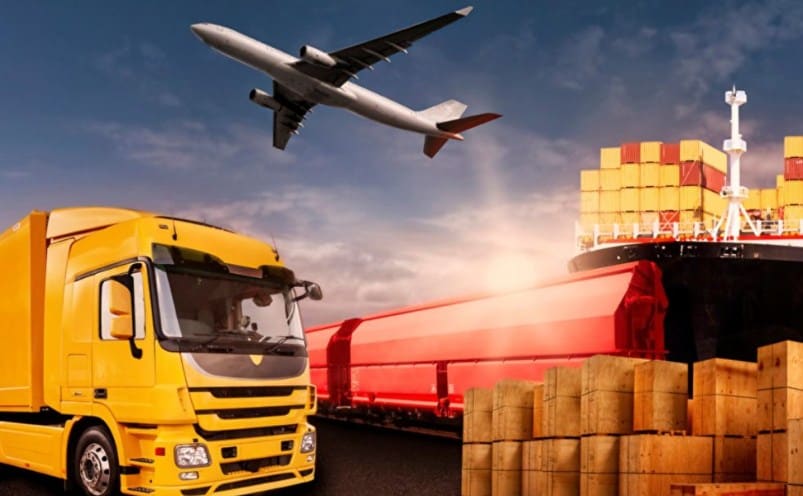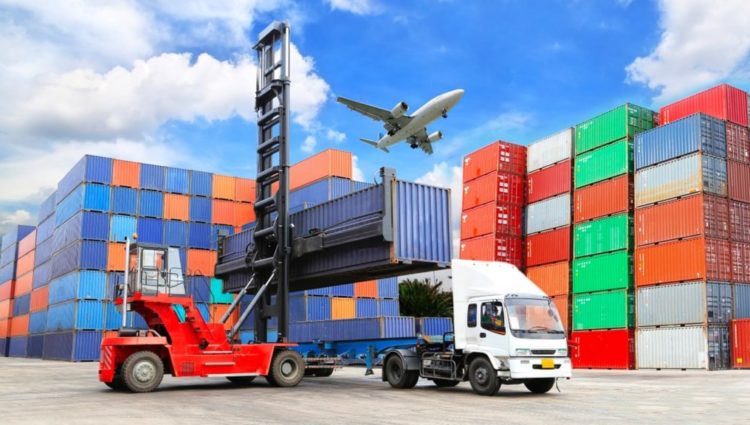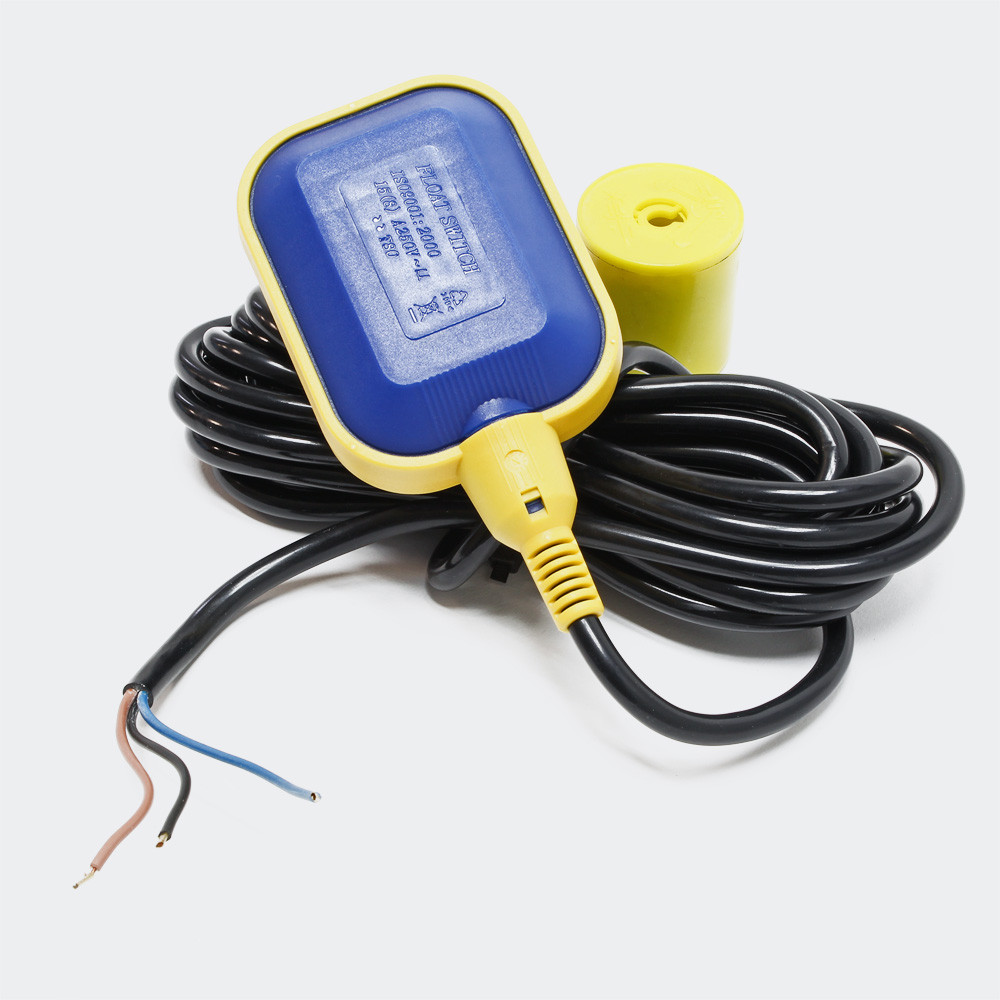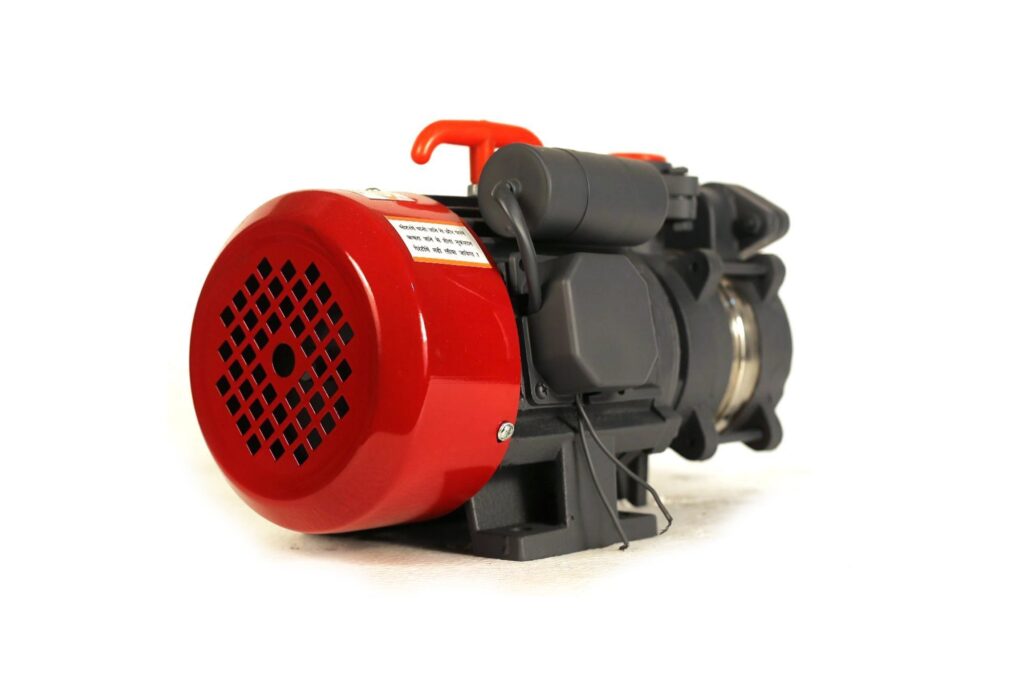Indonesia as a nation with over 17,000 islands has unique logistical issues that make cargo expeditions an integral part of the infrastructure. Due to its extensive geography and diverse economy, ensuring the seamless transportation of goods across land, sea, and air is crucial. The country’s flourishing industries, ranging from agriculture to manufacturing, depend heavily on cargo service for connecting consumers and producers, both domestically and internationally. Since the world economy is becoming increasingly interconnected, the Indonesian cargo expedition sector plays a pivotal function in supporting trade and driving economic growth. Through connecting isolated regions as well as other industries that support it The cargo network is the foundation of Indonesia’s trade.
The geographical layout of Indonesia results in inherent challenges for its logistics infrastructure. Although the major islands such as Java and Sumatra are the main commercial and industrial hubs, smaller islands such as Papua as well as Nusa Tenggara are often struggling to gain access to reliable cargo services. This disparity highlights the importance of custom logistical solutions. Businesses operating in the cargo sector use multi-modal transport systems that combine land, sea and air cargo to reach even the remotest of locations. Modern technology, including GPS tracking devices and routes optimization software, have further enhanced efficiency and speed, leading to faster delivery times and better service performance despite the geographical obstacles.
Sea freight remains a cornerstone of Indonesia’s cargo expedition services due to its extensive maritime boundary. Ports like Tanjung Priok in Jakarta and Tanjung Perak in Surabaya serving as important hubs, transport of cargo by the sea is essential to domestic and international trade. The government-funded initiatives such as”Sea Toll “Sea Toll” program aim to close the gap between islands and make transportation easier and more affordable. These efforts have significantly reduced business costs associated with logistics, especially in regions that were previously underserved. But issues such as port congestion and inconsistent rules remain a challenge, highlighting the need to continue investing and modernization in ports infrastructure.
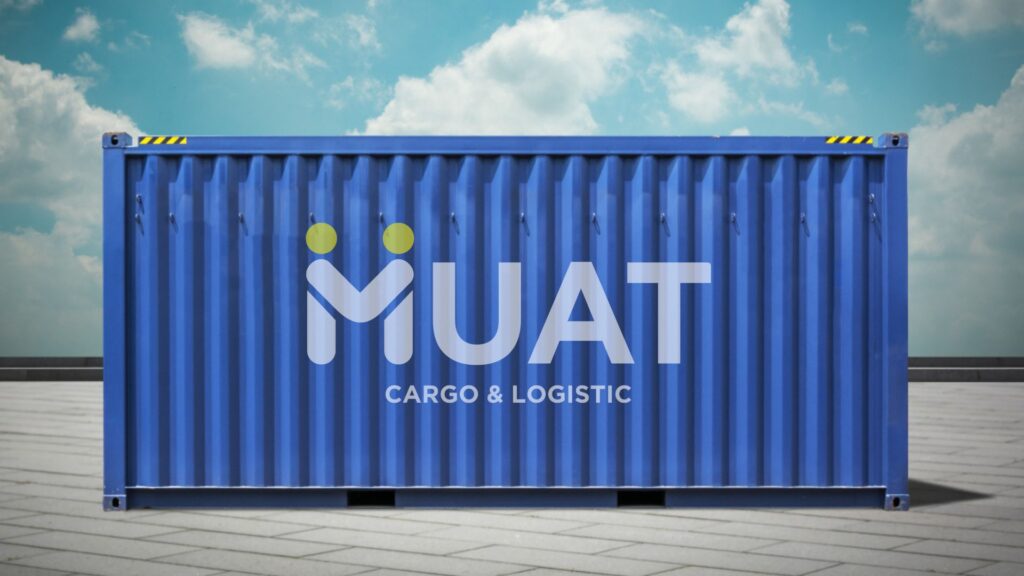
The air freight industry has become a critical solution for time-sensitive shipping, especially within Indonesia’s highly e-commerce-driven economy. The rapid growth of online marketplaces such as Tokopedia, Shopee, and Bukalapak have created a huge need for quick and reliable freight services. Airports like Soekarno-Hatta and Sultan Hasanuddin have become key locations for air cargo that permit quicker movement of goods throughout the archipelago. Air cargo is especially valuable for perishable goods, electronics and other items of high value where time is of the essential. Although it is more costly than shipping via land or sea, the speed and reliability of air cargo ensure it will remain a vital alternative for companies needing quick shipment. For more information please Continue Reading
The rise of e-commerce Indonesia has revolutionized the logistics industry, triggering the development of cargo expedition services. Since consumers are increasingly turning towards online marketplaces for purchases, the number of items that require transportation has soared. Last-mile delivery has become an important aspect for logistics companies, ensuring that packages reach clients in a timely, effective manner. Innovative technologies like automated warehouses, app-based tracking of delivery, and even drone technology are reshaping how goods are transported. These advancements not only enhance customers’ satisfaction, but they also help position Indonesia as an effective player in the global logistics industry.
The cargo mission in Indonesia is more than simply a necessity for logistics and is a crucial element of Indonesia’s economy. From connecting isolated islands and facilitating trade with other countries and facilitating international trade, this industry is the foundation for Indonesia’s growth and development. With continued investments in infrastructure, technology, and green practices, the sector is poised to overcome its obstacles and improve the efficiency of its operations. As Indonesia continues to grow as a regional and global trade hub, its cargo transport services will continue to be crucial to ensure that the flow of goods, services, and opportunities are seamlessly distributed across the vast and vast archipelago.
